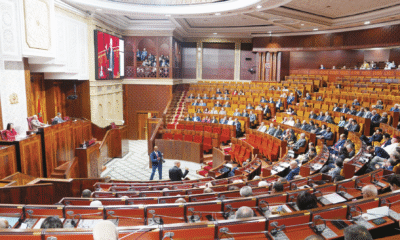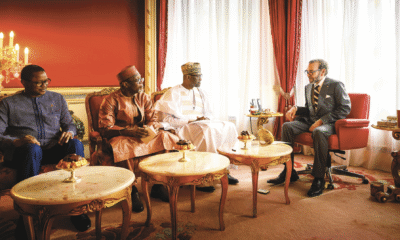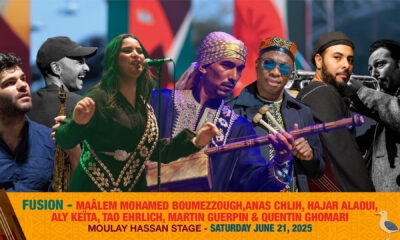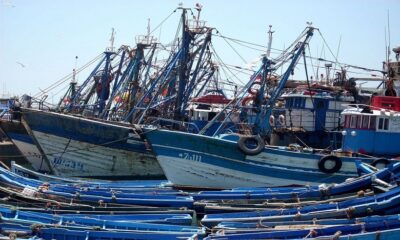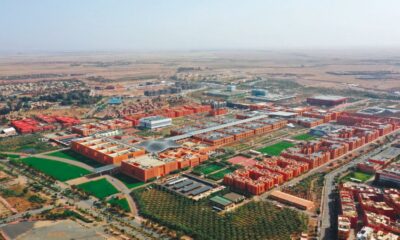Influences
Bourita: Towards a New African-Atlantic Order
The Moroccan Minister of Foreign Affairs, applauding the vitality, coherence, consistency, and collective resolve of the PAEAA countries to position the African Atlantic space within a framework of action, solidarity, and shared prosperity, emphasized that “the African Atlantic space is no longer a geographical abstraction. It is now a strategic, endogenous, and firmly acknowledged reality.”
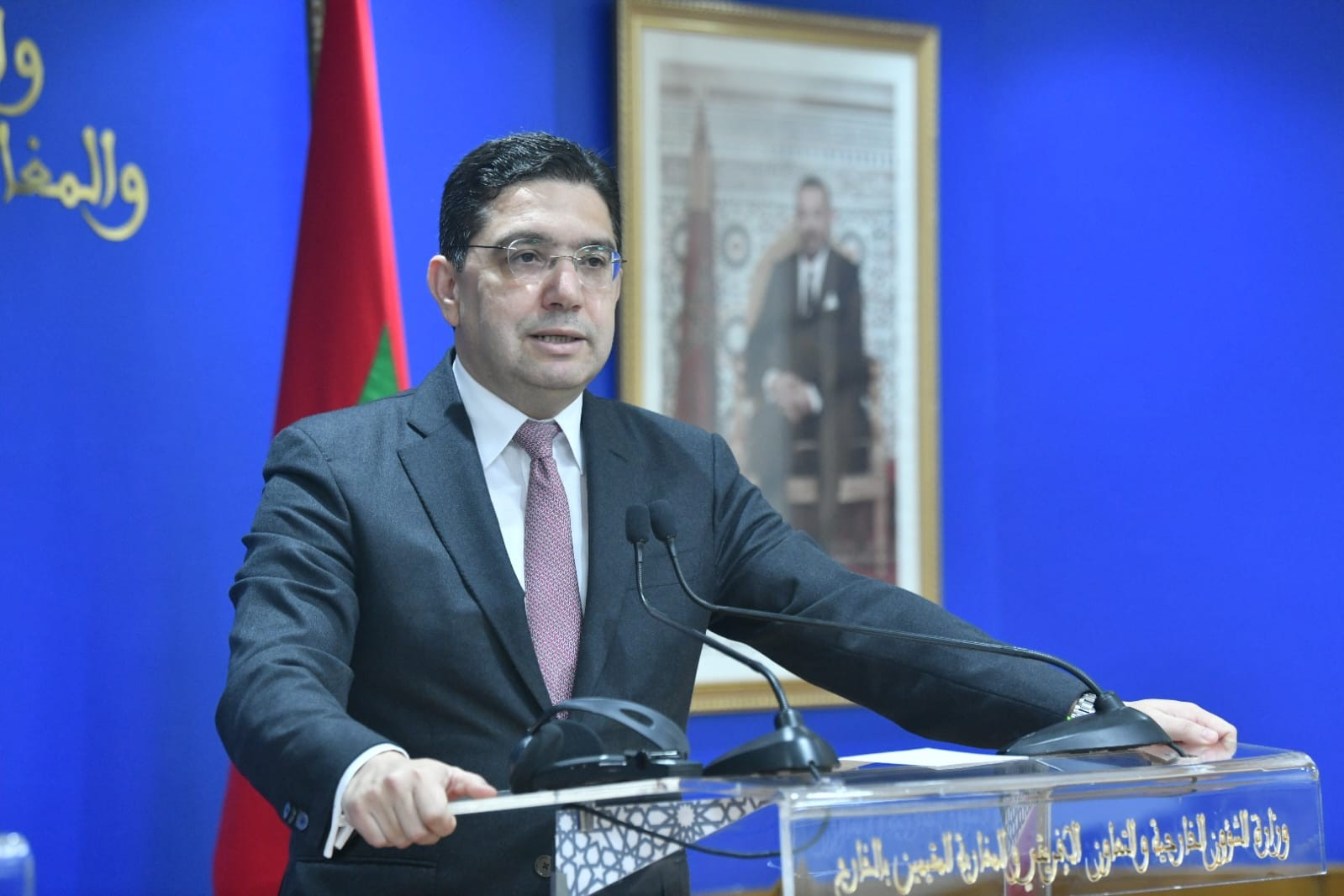
“For His Majesty King Mohammed VI, may God assist Him, the African Atlantic cannot be a periphery of the global world. It is a geostrategic heart, a dynamic interface between continents, and a matrix of innovation and resilience,” stated Nasser Bourita, Morocco’s Minister of Foreign Affairs, African Cooperation, and Moroccan Expatriates, on Thursday, May 8th.
In a speech delivered at the 5th Ministerial Meeting of the African Atlantic States Process (PEAA), held in Praia, Cape Verde, the Foreign Minister stressed that “our duty is to make it a reality—a visible, tangible, and enduring reality.”
In this context, he asserted that the African Atlantic Partnership is not only a strategic instrument but also a political, economic, and human process. He noted that this partnership embodies the ambition of an Africa that is no longer merely swept by the winds of history but instead chooses its direction and charts its path with clarity, confidence, and unity.
On this occasion, Bourita reaffirmed the Kingdom of Morocco’s full determination to advance this momentum, ensure its continuity, and strengthen its impact.
Applauding the vitality, coherence, consistency, and collective resolve of PEAA member states to anchor the African Atlantic space in a dynamic of action, solidarity, and shared prosperity, the Minister emphasized that “the African Atlantic space is no longer a geographical abstraction. It is now a strategic, endogenous, and firmly acknowledged reality.”
This, he insisted, is a “reality driven by a shared conviction: that our future will be safer, more prosperous, and more sustainable if we build it together.”
In this regard, Bourita highlighted that the Royal Initiative has given rise to an unprecedented African-African partnership, embodying the essence of shared responsibility. He added that it has laid the foundations for a new paradigm of cooperation—one that is pragmatic in approach and ambitious in its goals: sustainable development, maritime security, environmental protection, and combating transnational threats.
“The African Atlantic finds itself at an inflection point today. It is scrutinized, courted, but also confronted with multiple, systemic, and transversal threats,” continued Bourita, urging African Atlantic states—at a time when other geostrategic spaces are organizing in Europe, America, and Asia—to project “an audible, credible, and operational voice,” while ensuring they “strengthen our transregional anchoring, expand cooperation circles, and deepen synergies.”
“This is not merely a political ambition but a sovereignty and development imperative,” clarified the Minister, emphasizing that “the empirical approach we are pursuing together embodies this: the Forum of Justice Ministers (April 2024), the meeting of Parliamentary Speakers (February 2025), and the Conference on Maritime Security and Counterterrorism (January 2025) are all milestones that have broadened our scope of action and deepened the coherence of our approach.”
Building on this empirical framework, the Praia meeting is an opportunity for a clear-eyed assessment and strategic vision, the Minister stated, noting that the implementation report confirms the partnership’s steady progress, identifies tangible actions, and proposes relevant recommendations.
Among these recommendations are: Organizing sectoral meetings, such as the Justice Ministers’ gathering, which demonstrated the effectiveness of a multisectoral and decentralized approach; Establishing national coordination mechanisms, essential for aligning states’ internal actions with the regional dynamics of the Process; Including aquaculture in action plans, as it is a strategic domain at the confluence of food security, employment, and environmental sustainability.
Morocco fully endorses these recommendations and stands ready to actively contribute through its institutions’ expertise, sharing of experiences, and mobilization of partners, affirmed Bourita.
The Minister concluded by calling for collective efforts to make the African Atlantic “a lever of unity, an engine of shared prosperity, and a bulwark of stability.”

